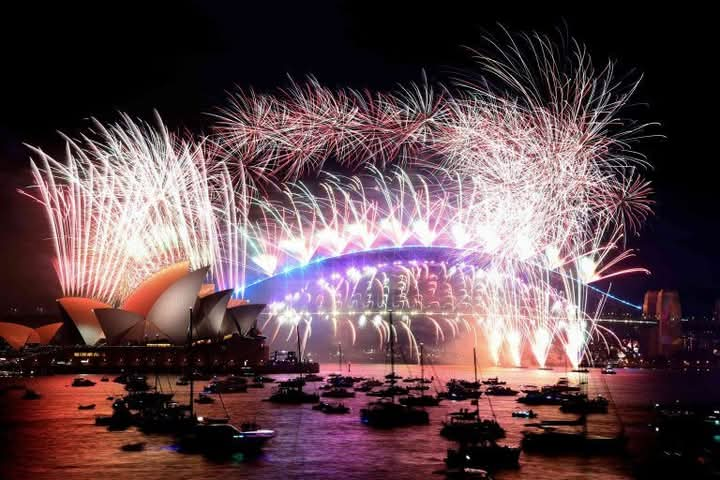While most countries and cultures around the world celebrate the New Year in some form, there are certain regions, communities, or groups where New Year celebrations are not observed or hold minimal significance. These exceptions usually arise due to cultural, religious, or political reasons. Here are some examples:
Saudi Arabia
In Saudi Arabia, public New Year celebrations are rare due to the country’s strict adherence to Islamic traditions. The Islamic calendar, not the Gregorian calendar, is primarily observed.
Afghanistan
Afghanistan follows the Islamic calendar, and the Persian New Year (Nowruz), celebrated on March 21, holds more significance than the Gregorian New Year.
North Korea
In North Korea, the Gregorian New Year is not widely celebrated. Instead, the Day of the Sun (Kim Il-sung’s birthday) and the Korean New Year (based on the lunar calendar) are more prominent.
Ethiopia
Ethiopia uses its own calendar, which is roughly seven to eight years behind the Gregorian calendar. Their New Year, “Enkutatash,” is celebrated in September.
Iran
Similar to Afghanistan, Iran celebrates Nowruz, the Persian New Year, on the vernal equinox (around March 21). The Gregorian New Year has little cultural or traditional significance.


